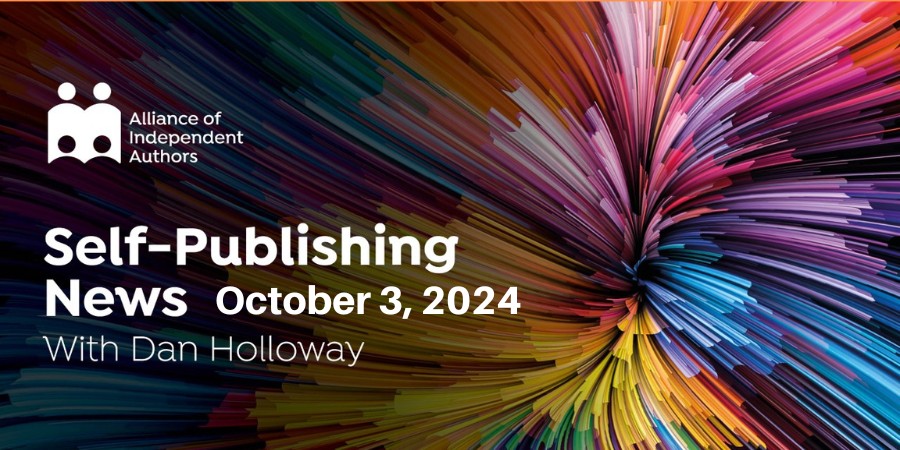A couple of developments in the audiobook world caught my eye this week, including one from Audible. Let’s start with the Audible story. Audible is experimenting with AI tools in a bid to enhance what we think of as discovery for readers.

ALLi News Editor, Dan Holloway
The latest of these tools is a recommendation feature that provides handy summaries of the kind of content a group of books contains and how that content might appeal to readers. So, we might have a list of “cozy mysteries in beautiful settings” or “darkly humorous high fantasy” as suggested next listens.
How AI is Used
The feature seems to use AI in two ways. First, the recommended types of books are based on a listener’s listening history. Second, the taglines are generated by technology that summarizes reader reviews. It's the same AI technology Amazon uses to provide those infuriating header summaries for books that claim to offer the essence of reader reviews.
Remember that Audible has a credit-based subscription system. That means readers can use their credits to gain access to one book at a time, unlike Spotify’s system, which allows people to sample several pages from different books. This makes choosing a book a high-stakes investment for Audible subscribers, so the effectiveness of any recommendation engine will be tested in a demanding environment.
I still wonder how the European Union’s ban on AI-generated reviews will play out alongside this kind of summary.
RevenueCat Acquires Dipsea
 Meanwhile, the spicy audiobook subscription app Dipsea has found an unlikely new home. The app, which seems to have a solid and loyal reader base providing it with $6 million a year in subscriptions, offers romantic fiction with a female gaze. The company has been acquired by subscription management platform RevenueCat. Most interestingly, it is RevenueCat’s first acquisition since a $12 million fundraising.
Meanwhile, the spicy audiobook subscription app Dipsea has found an unlikely new home. The app, which seems to have a solid and loyal reader base providing it with $6 million a year in subscriptions, offers romantic fiction with a female gaze. The company has been acquired by subscription management platform RevenueCat. Most interestingly, it is RevenueCat’s first acquisition since a $12 million fundraising.
The platform specializes in working with AI developers, which offers an insight into the audiobook business. Dipsea, like several others, works with Eleven Labs to deliver AI narration for some of its titles. My takeaway from that is that, as an industry, we are at least somewhat in the vanguard. This is not only interesting in terms of possibilities, but it also suggests that we are engaging in many of the same debates others will have, though we are in the first wave of such discussions.




